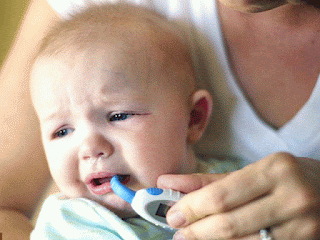Foods that reduce hypertension
Researchers at the National Institutes of Health conducted two key studies which resulted in the development of a specific eating plan for people with high blood pressure. The DASH (Dietary Approaches to Stop Hypertension) emphasises eating whole grains, vegetables, fruit, and low-fat dairy products, while limiting salt, fat, and sugar overall. •Just one serving of blueberries a week can help cut your risk of high blood pressure. Blueberries, as well as raspberries and strawberries, contain natural compounds called anthocyanins that protect against hypertension. •Having a bowl of breakfast cereal, especially whole-grain, high-fibre cereals like oatmeal, oat squares, bran flakes or shredded wheat, can reduce your chance of developing high blood pressure. •Did you know that a baked potato is high in potassium and magnesium, two important minerals that can help fight high blood pressure? In addition, eat halibut, spinach, bananas, soybeans, kidney beans and plain nonfat yogurt. •


